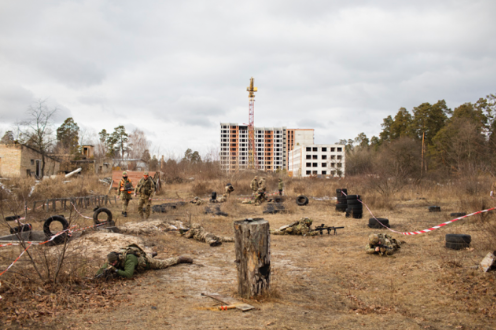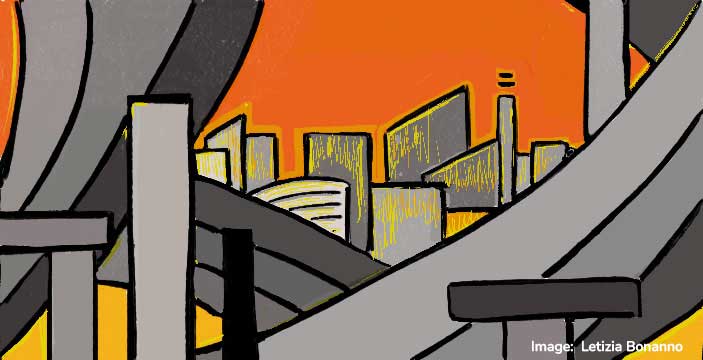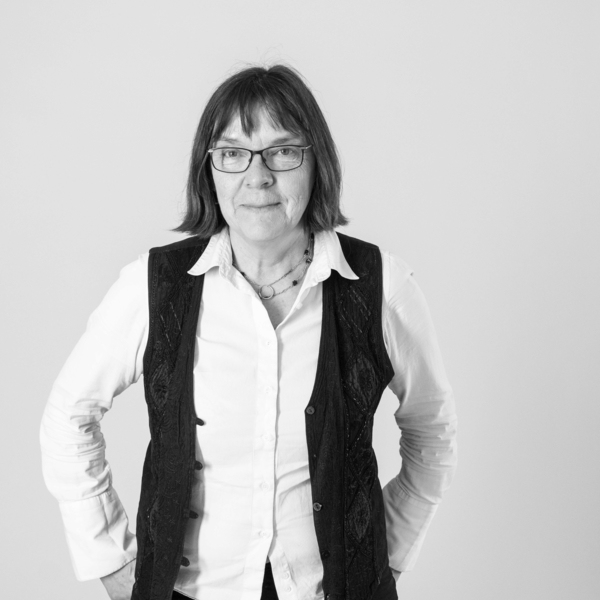The ASA is the professional association for social anthropology. Read more about us >>
Statement from the Committee of the Association of Social Anthropologists of the UK (ASA)
The Executive Committee of the Association of Social Anthropologists of the UK (ASA) condemns the violence committed against all civilians in Palestine and Israel. Read the full statement here
Critical Junctions:
Anthropology on the Move
Department of African Studies and Anthropology (DASA), University of Birmingham
08-11 April 2025
The ASA2025 conference, Critical Junctions: Anthropology on the Move, took place at University of Birmingham 8 - 11 April 2025. Over 460 delegates attended for four days of panels and presentations, of which over 110 took part online.
2025 Firth Lecture recording now out
View the recording here. This year's lecture was titled Clawing Back: Redistribution in Precarious Times and was given by Professor Deborah James (London School of Economics).
Call for new members of the ASA Committee,
co-editors and board members at the AM journal
The committee welcomes nominations for the following roles:
Education Officer
Membership officer
Further details about each role are available here:
ASA Committee
Call for Co-editors and Editorial Board Members at the Anthropology Matters Journal
The outgoing editors of Anthropology Matters Journal are issuing a call for one new co-editor, as well as an editorial board, consisting of five-six members that will represent different areas of theoretical and ethnographic specialisation. Read more here >>
Scam-Aware
While our database is secure, a search for 90% of academic names (listed as convenors/authors) yields an active email address which can be spammed by scammers posing as conference accommodation support services, requesting payments/personal info (we do NOT use such providers); or sent spoof emails purporting to come from Council/Committee/Exec members requesting financial assistance. Please check the sender information carefully and the grammar of such requests, and if you do not recognise the email address as ours or the grammar is somewhat 'off', delete such emails. We cannot prevent receipt of these emails which do not come via our system.
Kent University: Proposal of withdrawal for Social Anthropology degree
ASA was concerned to hear that Kent University has put forward proposals to withdraw their degrees in Social Anthropology. Anthropology at Kent has a very illustrious history. Many leading Anthropologists have graduated from Kent, some now heads of Anthropology departments at other universities. Over 60 years, Kent has been one of the departments that shows what integrated anthropology could be, through cooperation between Social Anthropology and Conservation Biology in particular. In these times, when the issues of biodiversity and climate change are so immediate, that combination of research and teaching is more essential than ever. We are in touch with the leadership at Kent Canterbury, to urge them to reconsider their strategy.
Social Anthropology is a growing discipline in some universities, and we know that when students have the opportunity to study with us, they usually become more interested and choose more Social Anthropology modules where they can.
We also want to help dispel the myth, currently circulating among some university vice-chancellors, that applications to Social Anthropology are falling. In fact, we are seeing increased differentiation between universities, but no general decline in interest. Social Anthropology is a thriving subject, one that is increasingly valued across other disciplines, and many of us are finding ourselves in demand to contribute to interdisciplinary research.
We are in a unique position to address pressing global challenges, as well as helping new generations to find ways to understand one another, develop empathy and challenge prejudices.
We will be demonstrating this at our next public event, the PeopleFest in Manchester in April.
Network for the Anthropology of Time: inaugural lecture
The ASA was delighted to see the launch of a new network, the ASA Network for the Anthropology of Time. Launched at St Andrews University with a three-day conference in the first week of October, the keynote speaker, Dr Chloe Ahmann, gave a powerful talk entitled Time Bomb: Toxic Disavowal in the Shadow of Apocalypse. The talk is available on the network webpage. Congratulations to the network’s founding co-convenors, Dr Gabriela Manley, Dr Daniel Knight and Dr Felix Ringel.
Obituaries
Wendy James
The ASA was sad to learn that longstanding member of the ASA and the anthropological community, Professor Wendy James, passed away on 27 April. Read her University's obituary notice.
Charlotte Aull Davies
The ASA was very sorry to learn of the passing of Charlotte Aull Davies. Read about her life.
Pnina Werbner
The ASA was very sorry to learn of the passing of long-term and active member, Pnina Werbner, on 17th January. Well-known and respected for her work on cosmopolitanism, she was regularly to be seen at ASA conferences - indeed she hosted the 2006 jubilee conference at her University (Keele), resulting in an ASA monograph from it. Pnina is survived by her husband Dick Werbner (also a longstanding ASA member) and their two children. Read her obituary by Katharine Tyler.
Alan Barnard
The ASA is sorry to learn that longstanding ASA member Alan Barnard passed away suddenly on Friday. Dr. Magnus Course, Head of Social Anthropology at University of Edinburgh writes:
Alan was born and raised in Baton Rouge, Louisiana, but spent most his life here in Scotland, joining the Department of Anthropology at the University of Edinburgh in 1978. He received a personal chair in the Anthropology of Southern Africa in 2001 before retiring in 2015 after 37 years' service. His immense contribution to the discipline was recognized with his election to the British Academy in 2010. Alan was especially proud of his appointment to the role of Honorary Consul of the Republic of Namibia in 2007. Over the decades, Alan was the author of dozens of books and articles, ranging from his earlier work among the marginalized hunter-gather communities of Namibia and Botswana to later more theoretical work about the contribution social anthropology could make to explorations of the origins of human language and society.
His gentle kindness, his friendship, and his unfading passion for anthropology's biggest questions will be sorely missed.
Other News

War in Ukraine – an Interview with Dr Taras Fedirko
ASA Media Officer Andrea E. Pia talks with Dr Taras Fedirko about his recent ethnographic fieldwork on militarism and media oligopolies in Ukraine. Dr Fedirko discusses the political and social contexts of Ukraine after the Maidan revolution and clarifies the role that media corporations, Putin’s propaganda, and para-military groups have played in the lead-up to Russia’s invasion of Ukraine. Read in full...
Statement on racism by the committee of the ASA
The ASA Committee believes that anthropologists today, like the vast majority of scholars in social science, the humanities and the natural sciences, think that racism, as a means of producing and reproducing inequality based on ideas about racial difference, is morally wrong and that...Read the full statement.
ASA Ethical Guidelines (EGG) Review
In the fall of 2019, the ASA Ethics Guidelines Working Group circulated a survey soliciting members'
feedback on their experiences of institutional ethics review. 87 respondents completed the survey and a summary of the results is now available here.
If you have any queries about the work of EGG, please contact Jude Robinson at ethics(at)theasa.org.
The ASA considers individual requests for financial assistance by members to support activities that will further the aims of the ASA and professional anthropology in the UK. The maximum amount that any applicant can apply for is £100. Read more.
 The ASA is a
member of the World Council of Anthropological
Associations.
The ASA is a
member of the World Council of Anthropological
Associations.
Read the ASA's Privacy Policy and Terms & Conditions, in relation to sale of membership and conference services.





 Re-Creating Anthropology: Sociality, Matter, and the Imagination Edited by David N. Gellner, Dolores P. Martinez (Apr 2022)
Re-Creating Anthropology: Sociality, Matter, and the Imagination Edited by David N. Gellner, Dolores P. Martinez (Apr 2022)